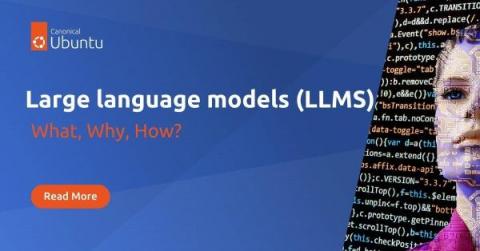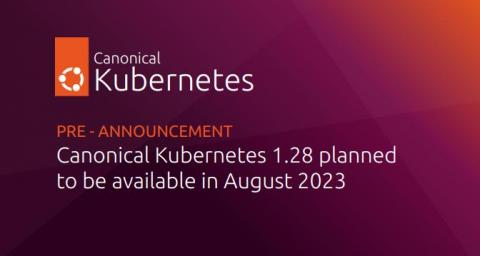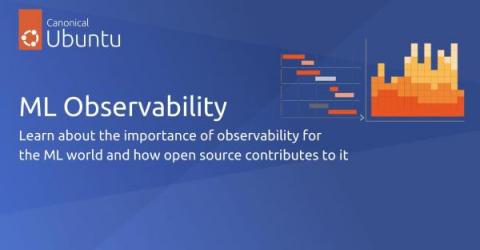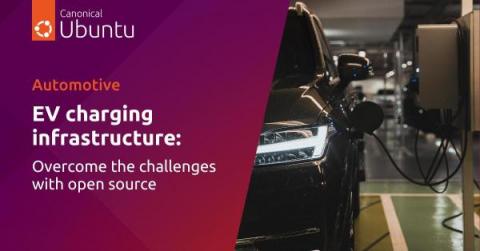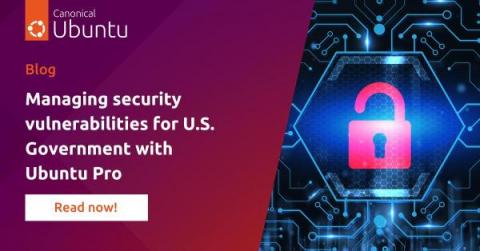Large language models (LLMs): what, why, how?
Large language models (LLMs) are machine-learning models specialised in understanding natural language. They became famous once ChatGPT was widely adopted around the world, but they have applications beyond chatbots. LLMs are suitable to generate translations or content summaries. This blog will explain large language models (LLMs), including their benefits, challenges, famous projects and what the future holds.


